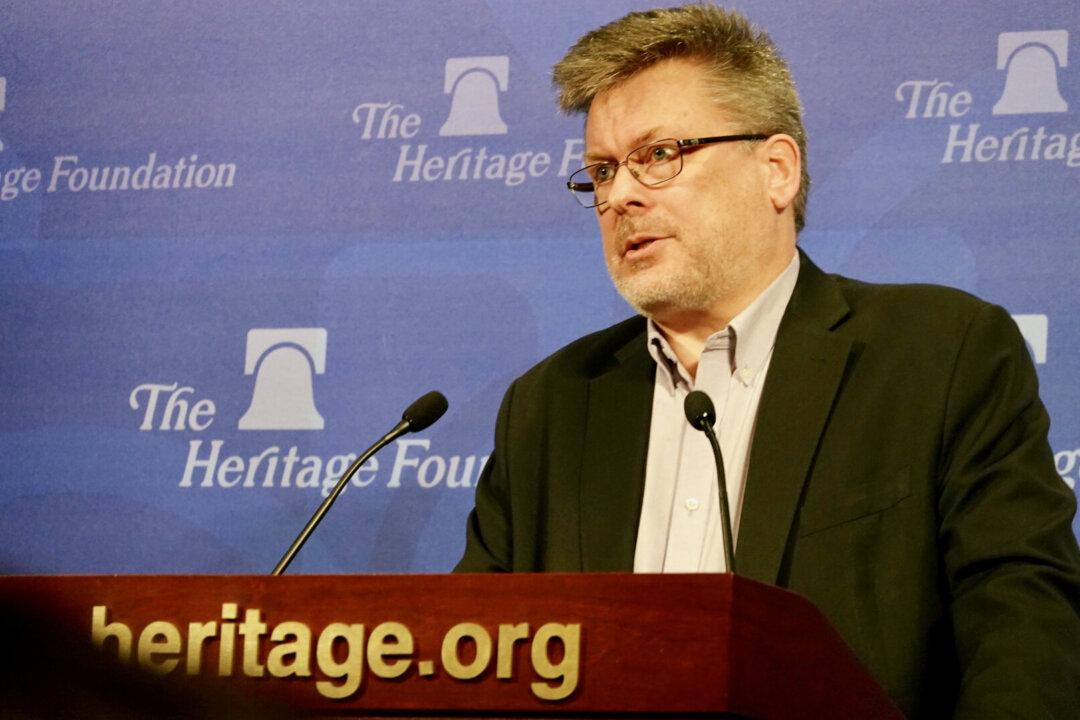WASHINGTON—The economic problems brought by socialism are widely known, but the danger the ideology poses to the institution of the family—the very foundation of society—is more fundamental, says an expert.
Despite this, the rhetoric and politics of socialism have seen a revival in the United States since the 2008 financial crisis, according to Edward Feser, a professor of philosophy at Pasadena City College in California.





